Talent management
Talent management at BME
Make BME attractive for all ages! BME is committed to various forms of talent management and to promoting technical, IT and natural sciences among young people considering a career. A little insight to the thematic programmes offered by BME for different age groups.
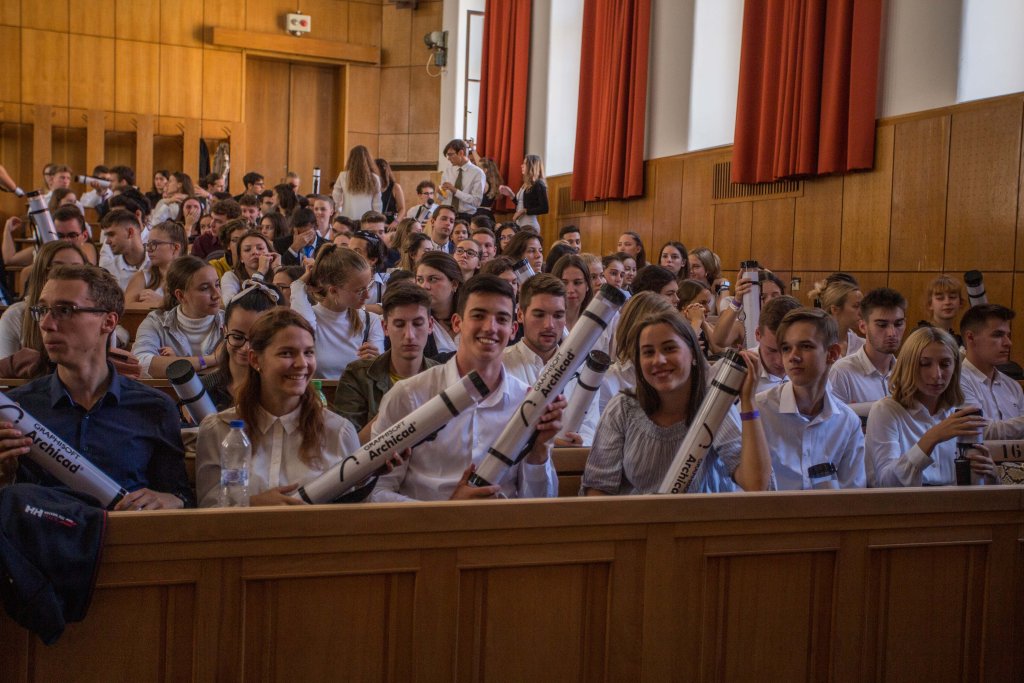
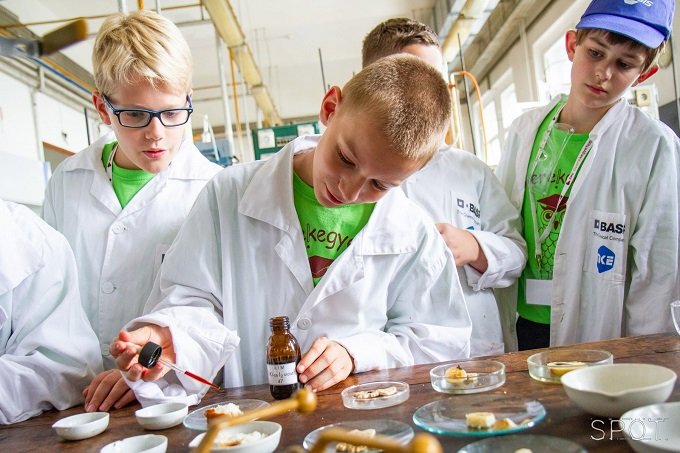
Programmes for primary school children
BME Children's University
The initiative, which was launched in 2015 and is unique in Hungary, aims to introduce primary school pupils to the joy of discovery and to promote the fields of technical, natural, IT, economic and social sciences and the opportunities they offer to students.
BME's summer science and education camp, which also showcases student life, has been very popular from the start, with a waiting list of one year. The programme is open to students aged 8-14, who can spend a week in the role of students of BME and get to know the everyday life of the university, the atmosphere and the areas of science taught there.
Over the past 8 years, more than 3,500 children have attended the summer camp and visited BME's lecture halls, community spaces and the library.
Children attending summer camps do not receive any grades and there is no final assessment, but BME has introduced a score system from 2017 to keep students motivated, including mid-year programmes (GyerekegyetemPlus). Credits can be earned by students by participating in Children's University summer camps and mid-year events to earn the symbolic Owl Diploma with a gold or silver certification.
"Magic Karcsi’s" physics experiments
Károly Härtlein, a Prima Primissima award-winning master instructor at the Institute of Physics at BME’s Faculty of Natural Sciences, regularly dazzles his audience with his interactive, exciting and spectacular scientific experiments. Each demonstration is organised around a specific theme by the master instructor, nicknamed "Magic Karcsi" by the children.
The year starts in September with “A physics lesson to get whipped into shape" and continues in early spring with "Experiments you must see". Now a tradition, the Children's Day and Santa Claus Physics lectures have been sold out events in the main lecture hall of the Physics building for years. Recordings of the last few years' educational lectures can also be viewed on Károly Härtlein's YouTube channel.
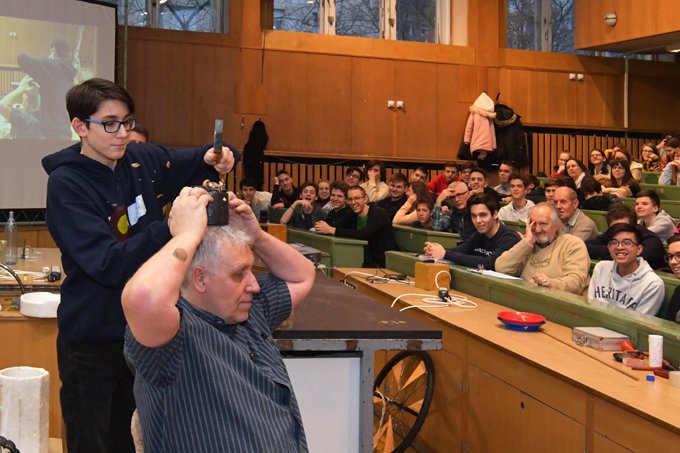
"Learning about science, physics, cannot start early enough. One of the beauties of this area is that it offers easy-to-understand, spectacular and memorable content for all ages. I hope that the children will have many experiences that will stimulate their interest in this area of science and that, when the time comes, they will consider pursuing a career in natural sciences. The doors of BME are open to all!" - Károly Härtlein.
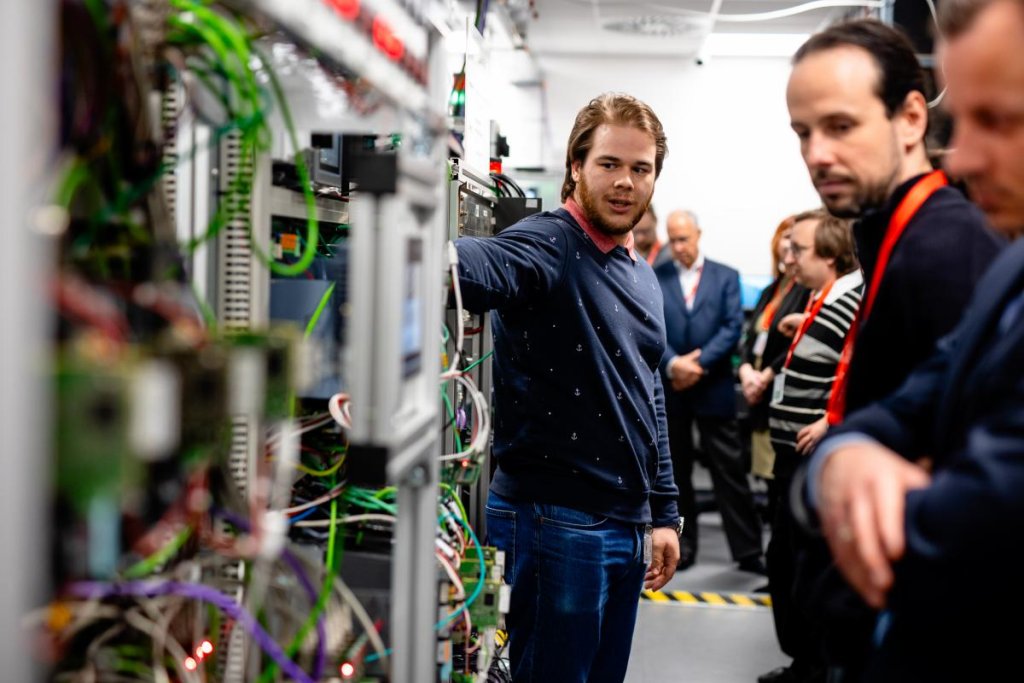
Preparatory programmes for secondary school students
Science Campus lecture series
BME’s Faculty of Natural Sciences has been organising exciting, educational programmes under the name Science Campus for years. The scientific lectures are mainly aimed at secondary school students, but teachers, students and university citizens are also regular visitors.
During the presentations, invited experts from renowned BME academics and industrial partners will summarize the results of modern natural sciences, their answers to the problems and challenges of humanity today, and present new trends, as well as the results of research in mathematics, financial mathematics, data science, nuclear techniques, nuclear medicine, quantum technology, particle physics, cognitive sciences, psychology, etc.
Science Camp
BME pays special attention to ensuring that as many secondary school students as possible get to know the university and choose one of its faculties for their higher education studies. However, the programmes offered to secondary school students during the school year are mainly aimed at students living in the Budapest area. The one-week natural sciences camp aims to counterbalance this, with a goal to introduce young people to the diversity of mathematics and physics and their close links with other disciplines (e.g. chemistry, medicine, technical sciences, economics, etc.) in line with the motto of BME’s Faculty of Natural Sciences (“The science of today is the technology of tomorrow").
The summer camp is open to high school students in grades 10-11 who are about to choose a career and graduate. Campers will visit technology-intensive companies, listen to lectures, work on projects and meet successful graduates of BME. They can learn about the university, student life, play sports at the BME Sports Centre and choose from cultural programmes offered by the 11th district.
Nobel Prize-winning experiments measurement workshop
The measurement workshop, which turns 10 years old this year, promotes modern physics through areas related to the Nobel Prizes. The aim of the programme is to give students an insight into the world of research and development, and to allow them to experiment with modern instruments on topics not available at secondary school level. Secondary school students in grades 9-12 and physics teachers are welcome to attend the measurement workshop.
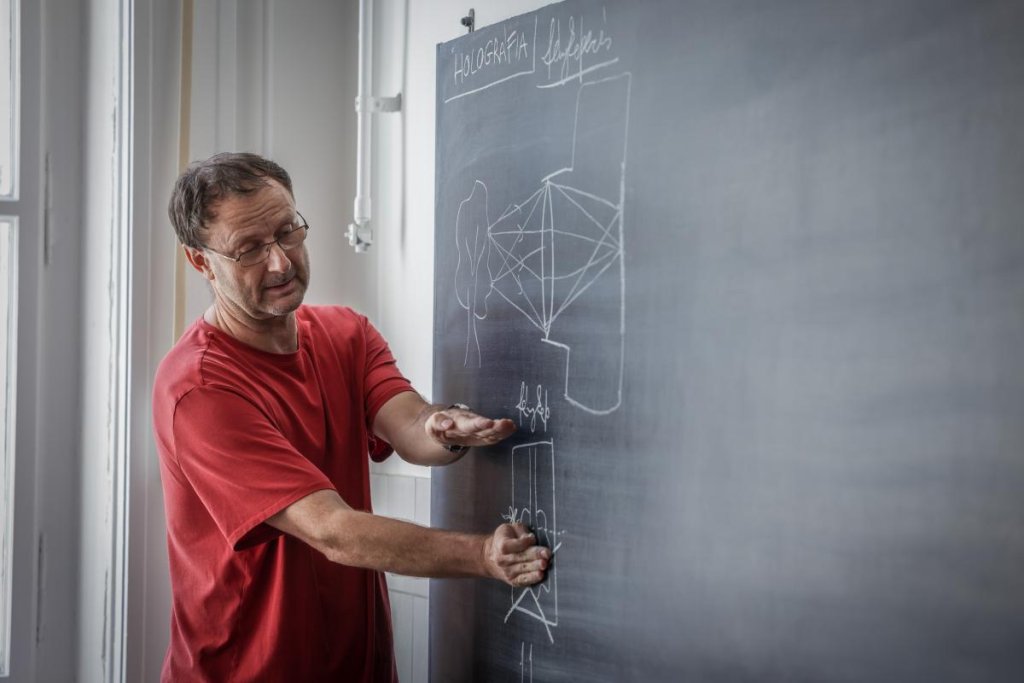
ScienceCamp+, mathematics workshop
A two-day science programme for students from outside the Budapest area during the autumn break of secondary schools. The theme of the programme always revolves around a scientific topicality and illustrates a subject that is not or less suitable for detailed presentation in the secondary school curriculum.
BME Alfa interactive practice interface
The platform provides opportunities to practise mathematics and physics independently, taking into account the age specificities of students. The webpage also features an online maths competition, which allows students to improve their skills individually and in a way that fits around their timetable. The practice interface will help them to get a realistic picture of themselves and to gain first-hand experience of the level of knowledge required to pass their school-leaving exams or to succeed in further education.
High school students were also invited to the university TDK
Since 2022, BME has been offering secondary school students the opportunity to participate in the conference of Scientific Students' Associations (TDK), which from 2024 will also be eligible for extra admission scores.
The aim of the initiative is to familiarise talented young people who are open to scientific work with research and opportunities offered by BME, to get involved in university life and to learn the basics of academic activity. All faculties of BME announced topics for secondary school students, who were required to submit a written application summarising the results of about six months of their research work. Students were able to present their scientific work under the professional supervision of their BME supervisor. In 2023, the programme was even more popular than in the beginning, with more than 30 applications and entries.
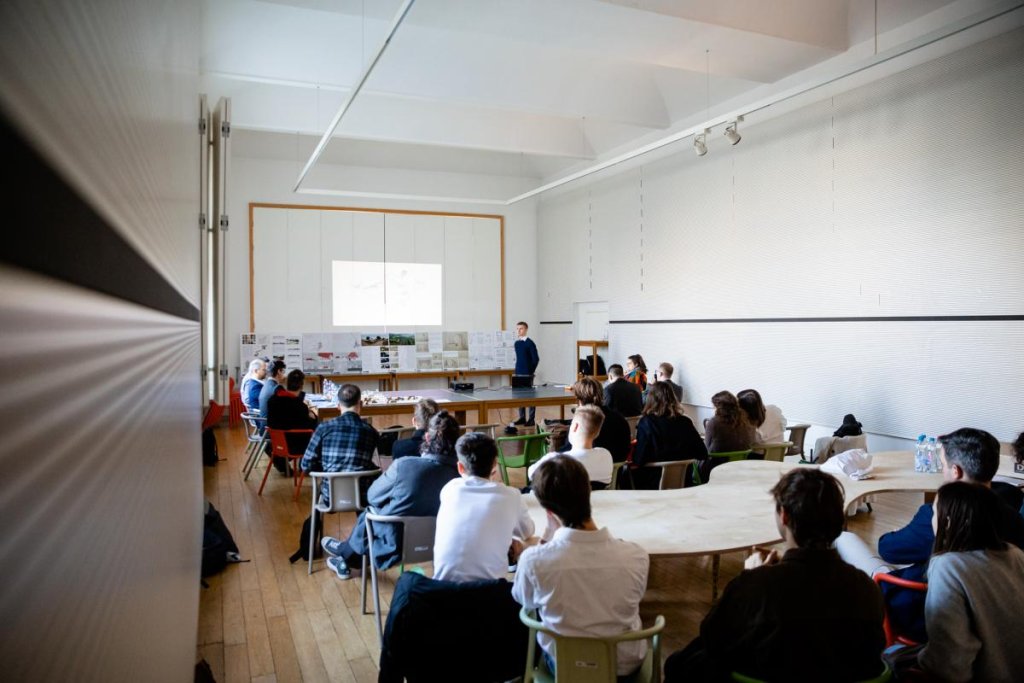
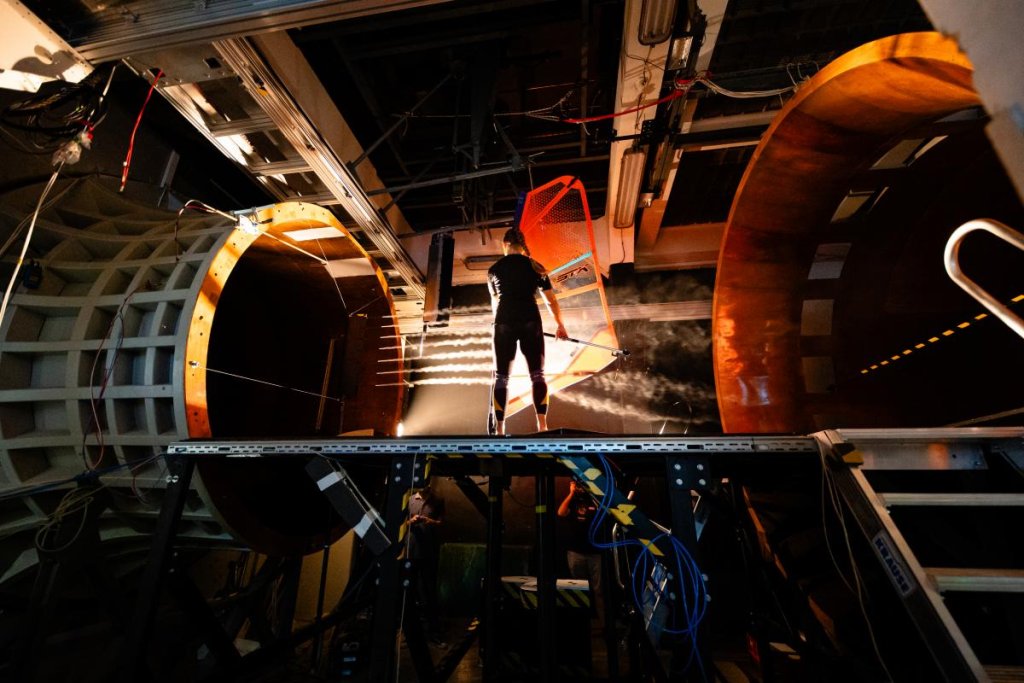
Educational programmes for prospective and former students and other interested parties
Researchers' Night
The first Researchers' Night was held in Hungary at a single venue, the Institute of Physics at BME in 2005. Károly Härtlein, who later became a master instructor at the institute, put most of the effort into getting the series of programmes off the ground. The Mindentudás Egyeteme (University Of Omniscience) team and teachers of the Puskás Tivadar Secondary Technical School for Telecommunications teamed up with our university to launch a series of events that has become a brand name in its own right and is indispensable in the dissemination of knowledge.
Joining the national programme, every year on the last Friday of September, BME organises a traditionally popular evening programme of exciting and entertaining lectures, laboratory visits and spectacular educational experiments related to training areas. Everyone of all ages is welcome.
Preparatory courses for highschool students
The The Institute of Continuing Engineering Education and the Centre for Learning Innovation and Adult Learning offers a number of courses, in which those interested can also choose from preparatory programs in the subjects of mathematics, physics or chemistry.
